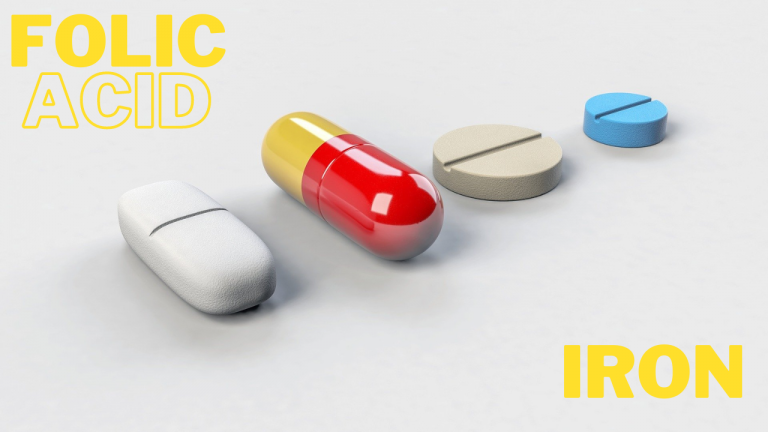Why Does Your Prostate Enlarge?

The prostate gland, which is a part of the male reproductive system, can enlarge due to a condition called benign prostatic hyperplasia (BPH). BPH is a common condition that affects many aging men. The exact cause of prostate enlargement is not fully understood, but several factors are believed to contribute to its development:
- Age: Prostate enlargement is more common as men age. It is estimated that by the age of 60, over half of men will have some degree of prostate enlargement, and by the age of 85, the percentage increases to about 90%.
- Hormonal Changes: Changes in hormone levels, specifically an increase in levels of dihydrotestosterone (DHT), a hormone derived from testosterone, are thought to play a role in the development of BPH. DHT stimulates the growth of prostate cells, leading to enlargement.
- Family History: There may be a genetic predisposition to prostate enlargement, as it tends to run in families. If a close male relative, such as a father or brother, has had BPH, the risk may be higher.
- Hormonal Imbalances: Imbalances in other hormones, such as estrogen, may also contribute to prostate enlargement. It is believed that an increase in estrogen levels relative to testosterone levels can promote prostate cell growth.
While an enlarged prostate is usually benign (non-cancerous), it can cause bothersome symptoms such as frequent urination, weak urine flow, and difficulty emptying the bladder completely. If you experience such symptoms, it is advisable to consult a healthcare professional for a proper diagnosis and appropriate management options.
June 1, 2023
0



